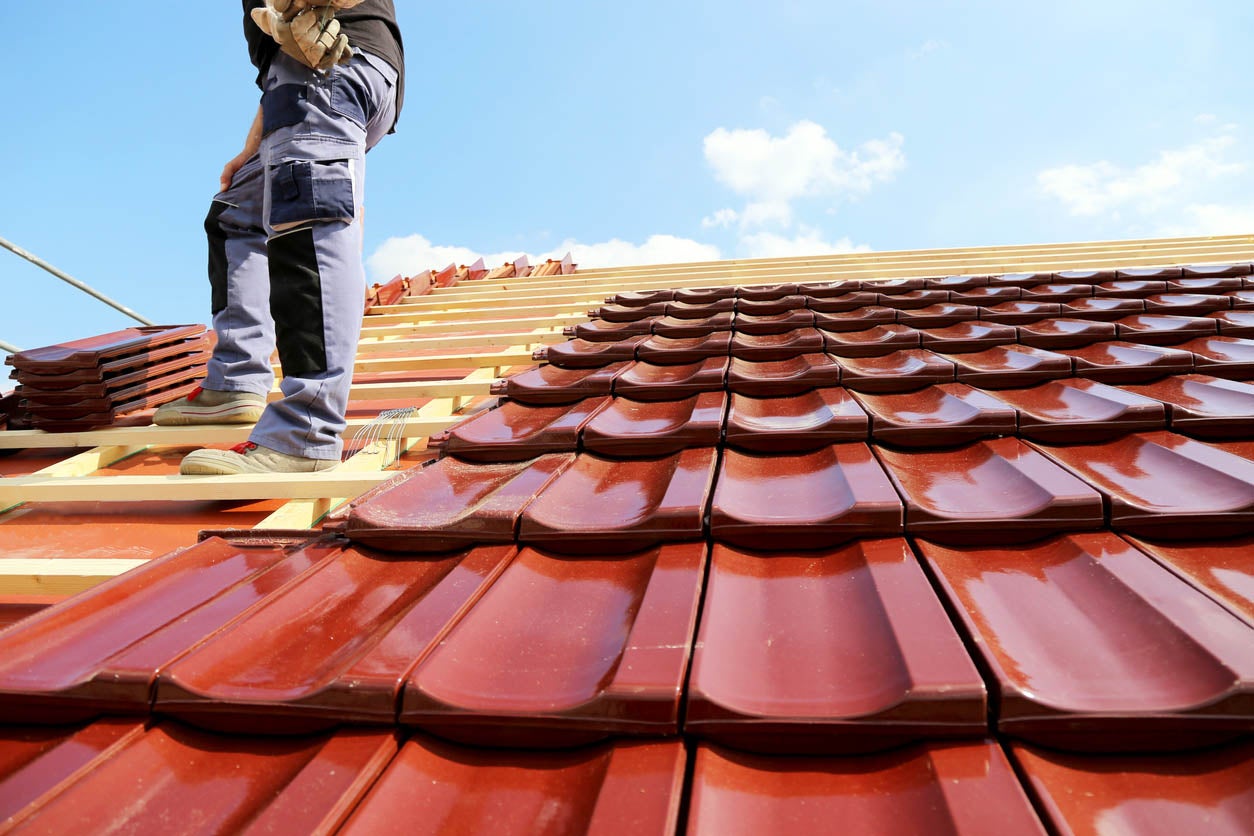

Articles
How Much To Replace A Roof On A House
Modified: October 20, 2024
Looking for informative articles on how much it costs to replace a roof on a house? Find all the answers you need right here.
(Many of the links in this article redirect to a specific reviewed product. Your purchase of these products through affiliate links helps to generate commission for Storables.com, at no extra cost. Learn more)
Introduction
Replacing a roof on a house is a significant investment that homeowners may eventually face. Over time, roofs can deteriorate due to weather conditions, age, and regular wear and tear, necessitating a complete replacement. While the cost of roof replacement can vary widely depending on various factors, understanding the average costs and considerations involved can help homeowners make informed decisions.
Roof replacement is not a task to be taken lightly and must be approached with careful planning and consideration. It is essential to evaluate the condition of your roof and determine if a replacement is necessary. In this article, we will explore the factors that can affect the cost of roof replacement, compare the average costs across different roofing materials, discuss the pros and cons of DIY versus hiring a professional, provide tips on finding a reputable contractor, and offer strategies to save money on roof replacement.
By the end of this article, you will have a better understanding of the factors involved in roof replacement and be equipped with the knowledge to make well-informed decisions.
Key Takeaways:
- Understanding the factors affecting the cost of roof replacement, choosing the right materials, and finding a reputable contractor are crucial for a successful and budget-friendly roof replacement project.
- Implementing cost-saving strategies, such as getting multiple quotes, considering different materials, and exploring financing options, can help homeowners save money without compromising on the quality and longevity of their new roof.
Read more: How Much Is A Roof Replacement
Factors Affecting the Cost of Roof Replacement
When determining the cost of replacing a roof on a house, several factors come into play. These factors can significantly impact the overall expenses involved in a roof replacement project. Understanding these factors will help homeowners get a clearer picture of what to expect in terms of costs. Here are some of the key factors affecting the cost of roof replacement:
- Roof Size and Pitch: The size of the roof is one of the primary factors determining the cost. Larger roofs will require more materials and labor, resulting in higher costs. Additionally, the pitch of the roof can affect the complexity of the installation, as steeper roofs may require additional safety precautions and specialized equipment.
- Roofing Material: The type of roofing material chosen for the replacement will have a significant impact on the cost. Different materials, such as asphalt shingles, metal, tile, or slate, vary in price. Some materials require more intensive labor or specialized installation techniques, which can increase the overall cost.
- Quality of Materials: The quality and durability of the materials selected will also affect the cost. Higher-quality materials often come with a higher price tag, but they can provide better protection and a longer lifespan, resulting in potential savings in the long run.
- Roofing Permits: Depending on the location, homeowners may need to obtain permits before replacing a roof. Permit costs can vary depending on the jurisdiction and the complexity of the project.
- Roofing Accessibility: The accessibility of the roof plays a role in determining the cost. If the roof is challenging to access or requires special equipment, such as scaffolding, the labor costs may increase.
- Removal and Disposal of Old Roof: The cost of removing and disposing of the old roof should be factored into the overall budget. This process can involve labor-intensive work and additional expenses, depending on the size and type of the existing roof.
- Additional Roof Components: Certain roof features, such as chimneys, skylights, or vents, can add to the complexity of the project and increase the cost. These components may require specialized installation or repair work.
- Geographic Location: The geographic location of the house can influence the cost of roof replacement. Labor and materials costs can vary from one region to another, so it’s important to consider the local market when estimating the expenses.
It’s essential to keep these factors in mind when planning for a roof replacement project. By considering these variables, homeowners can have a better understanding of the potential costs involved and make informed decisions to ensure a successful and budget-friendly roof replacement.
Average Cost of Roof Replacement
The cost of roof replacement can vary depending on the factors mentioned above, such as roof size, material, quality, and location. It’s important to note that these are general estimates, and the actual cost can vary significantly depending on individual circumstances. However, having a rough idea of the average costs can help homeowners plan and budget accordingly.
On average, homeowners can expect to pay anywhere from $5,000 to $15,000 for a complete roof replacement. This range is for a typical single-family home with an asphalt shingle roof. However, the final cost can be higher or lower based on the unique characteristics of each project.
Roof replacement costs are typically calculated per roofing square, which is equal to 100 square feet. The average cost per roofing square can range from $300 to $700, depending on the factors mentioned earlier.
Keep in mind that while asphalt shingles are the most common and cost-effective roofing material, other materials such as metal, tile, or slate can have a higher price range. Metal roofs, for example, can range from $7,000 to $20,000 for a replacement.
It’s important to obtain multiple quotes from reputable roofing contractors to get a more accurate understanding of the costs specific to your project. The quotes should include details of the materials, labor, removal of the old roof, and any additional services required.
Additionally, it’s essential to carefully evaluate the warranties offered by manufacturers and contractors. A longer warranty may indicate higher-quality materials and workmanship, which can affect the overall cost but provide better value and peace of mind in the long run.
Remember, these are general estimates, and the final cost will depend on various factors. It’s always recommended to seek professional advice and conduct thorough research before making any decisions regarding roof replacement.
Cost Breakdown by Roofing Materials
The choice of roofing material is a significant factor in determining the cost of a roof replacement. Different materials have different price ranges, installation requirements, and durability. Here is a breakdown of the average costs associated with some commonly used roofing materials:
- Asphalt Shingles: Asphalt shingles are the most popular and affordable roofing material. The cost for replacing an asphalt shingle roof typically ranges from $3 to $6 per square foot. This translates to an average cost of $7,000 to $15,000 for a 2,000 square foot roof.
- Metal: Metal roofs are becoming increasingly popular due to their durability and energy efficiency. The cost of a metal roof replacement can range from $7 to $12 per square foot, totaling around $12,000 to $24,000 for a 2,000 square foot roof.
- Tile or Slate: Tile and slate roofs are known for their aesthetic appeal and longevity. However, they come with a higher price tag. The cost for replacing a tile or slate roof can range from $10 to $20 per square foot, resulting in an average cost of $20,000 to $40,000 for a 2,000 square foot roof.
- Wood Shake: Wood shake roofs offer a natural and rustic look. However, they require more maintenance and have a shorter lifespan compared to other materials. The cost for replacing a wood shake roof can range from $8 to $14 per square foot, equaling approximately $14,000 to $28,000 for a 2,000 square foot roof.
Remember, these are average cost ranges and can vary depending on factors such as the quality of materials, location, and labor costs. It’s important to consult with roofing professionals and obtain detailed quotes to get accurate cost estimates for your specific project.
When considering the cost breakdown by roofing materials, it’s important to consider the long-term value. While some materials may have a higher upfront cost, they may offer better durability, energy efficiency, and lower maintenance requirements, resulting in potential savings over time.
It’s also worth noting that some roofing materials, such as metal and tile, may require specialized installation techniques, which can affect labor costs. It’s crucial to choose a reputable roofing contractor experienced in installing the specific material you choose to ensure proper installation and maximize the lifespan of your new roof.
Ultimately, the choice of roofing material will depend on personal preferences, budget constraints, and the specific requirements of your home. Consulting with roofing professionals can help you make an informed decision based on your needs and priorities.
Additional Factors to Consider
When planning for a roof replacement, there are several additional factors that homeowners should consider. These factors can impact the overall cost, timeline, and success of the project. Taking these into account will ensure a smooth and satisfactory roof replacement experience. Here are some additional factors to consider:
- Roofing Installation Complexity: Some roofs may have complex designs or architectural features that can increase the difficulty of the installation process. This can potentially impact the cost and timeline of the project.
- Insulation and Ventilation: During a roof replacement, it’s an opportune time to address insulation and ventilation issues. Ensuring proper insulation and ventilation can improve the energy efficiency and comfort of your home, but it may add extra costs to the overall project.
- Decking Condition: The condition of the roof deck or the underlying structure of your roof is essential to consider. If the decking is damaged or deteriorated, it may require repairs or replacement, which can increase the cost and duration of the project.
- Gutter Replacement: It’s common to replace gutters along with a roof replacement. If your gutters are old, damaged, or incompatible with the new roof, it’s advisable to budget for their replacement as well.
- Weather Conditions and Seasonality: The time of year can impact the availability and cost of roofing materials and contractors. Busier seasons may result in higher costs and longer wait times, while unfavorable weather conditions may delay the project. It’s essential to plan accordingly and consult with roofing professionals to determine the ideal time for your roof replacement.
- Warranties and Maintenance: Consider the warranties provided by the roofing materials and the roofing contractor. Understanding the warranty terms and any maintenance requirements can help ensure the longevity and performance of your new roof.
- Insurance Coverage: In some cases, roof replacement may be covered by homeowners’ insurance. It’s important to review your policy and understand the coverage and deductibles. Working with an experienced roofing contractor who can assist with insurance claims is beneficial if applicable.
By considering these additional factors, homeowners can address any potential issues, plan for additional costs, and ensure a successful roof replacement project. Consulting with roofing professionals, obtaining multiple quotes, and conducting thorough research will help homeowners make informed decisions while taking these factors into account.
Get multiple quotes from reputable roofing contractors to compare prices and services. Consider the quality of materials, warranty, and the contractor’s experience and reputation. Don’t automatically choose the lowest bid without considering these factors.
Read more: How Much To Replace Roof Decking
DIY vs Hiring a Professional
When it comes to roof replacement, homeowners often face the decision of whether to take on the project themselves or hire a professional roofing contractor. While the DIY approach may seem enticing to save money, it’s essential to carefully consider the pros and cons before making a decision.
DIY Roof Replacement:
Opting for a DIY roof replacement can save money on labor costs, but it’s a significant undertaking that requires extensive knowledge, skills, and specialized equipment. Here are some factors to consider when contemplating a DIY roof replacement:
- Experience and Expertise: Roof replacement is a complex and labor-intensive task that requires experience and expertise. Assess your own skills and knowledge level to determine if you have the necessary understanding of roofing techniques, safety protocols, and building codes.
- Time and Effort: Roof replacement is time-consuming and physically demanding. Be prepared to invest a significant amount of time and effort into the project, including researching, purchasing materials, removing the old roof, and installing the new one. Consider if you have the availability and stamina to complete the project promptly.
- Risk of Errors: DIY roof replacement carries a higher risk of mistakes or improper installation, which can lead to costly issues such as leaks, water damage, and premature deterioration of the new roof. Hiring a professional helps minimize the risk of errors and ensures the job is done correctly the first time.
- Safety Concerns: Roofing work can be dangerous, particularly when working at heights and handling heavy materials. Professionals have the necessary safety training and equipment to work safely on a roof. If you’re not confident in your ability to work safely at heights, it’s best to leave it to the professionals.
Hiring a Professional Roofing Contractor:
While hiring a professional roofing contractor involves a higher upfront cost, it offers several advantages that make it a preferred choice for many homeowners:
- Experience and Expertise: Professional roofing contractors have the necessary skills, knowledge, and experience to handle roof replacement projects efficiently and effectively. They are familiar with the best practices, building codes, and safety protocols required for a successful installation.
- Quality Workmanship: Professional roofers can deliver high-quality workmanship, ensuring that your new roof is installed correctly and meets industry standards. They have access to top-quality materials and can provide warranties on both materials and labor, giving you peace of mind.
- Time and Efficiency: Professional roofers have the resources and manpower to complete the project in a timely manner. They are equipped with the necessary tools and equipment, saving you the time and effort of renting or purchasing specialized equipment.
- Safety: Roofing contractors are trained in safety protocols and have the appropriate safety equipment to work at heights. By hiring professionals, you minimize the risk of accidents and injuries during the roof replacement process.
In summary, while DIY roof replacement may be tempting to save money, it’s crucial to evaluate your experience, time availability, and the risks involved. Hiring a professional roofing contractor offers numerous benefits, including expertise, quality workmanship, efficiency, and safety. Consider your budget, skills, and priorities when deciding between DIY and hiring a professional to ensure a successful roof replacement project.
How to Find a Reputable Roofing Contractor
When it comes to roof replacement, finding a reputable and trustworthy roofing contractor is crucial. The quality of the installation and the materials used will directly impact the longevity and performance of your new roof. Here are some steps to help you find a reputable roofing contractor:
- Ask for Referrals: Start by asking friends, family, neighbors, and colleagues for recommendations. Word-of-mouth referrals can provide valuable insights and first-hand experiences with local roofing contractors.
- Check Online Reviews: Research online for reviews and ratings of roofing contractors in your area. Websites such as Google, Yelp, and Angie’s List can provide unbiased feedback from homeowners who have used their services.
- Verify Credentials: Ensure that the roofing contractor is licensed, bonded, and insured. A valid license demonstrates that they meet the necessary requirements and have the expertise to perform roof replacements. Insurance protects you from liability in case of accidents or property damage during the project.
- Request Detailed Quotes: Contact multiple roofing contractors and request detailed quotes for your project. The quotes should include a breakdown of costs, scope of work, materials to be used, warranties, and any additional services required. Avoid contractors who provide vague or verbal estimates without proper documentation.
- Ask for References: Request references from the roofing contractors and follow up with past clients. Contact these references and inquire about their experience with the contractor, including the quality of workmanship, communication, and adherence to timelines.
- Check for Manufacturer Certifications: Look for roofing contractors who are certified by the manufacturers of the roofing materials they install. Manufacturer certifications indicate that the contractor meets specific standards and has received training in the proper installation of their products.
- Get Multiple Opinions: Don’t hesitate to consult with multiple roofing contractors to get different opinions and advice. This will help you understand the range of options available, identify any potential red flags, and make a more informed decision.
- Review Contracts Carefully: Before signing any contracts, thoroughly review the terms and conditions. Pay attention to warranties, payment schedules, project timelines, and any specific provisions related to unexpected issues or changes in scope.
- Trust Your Instincts: When interacting with potential roofing contractors, trust your instincts. Choose a contractor who communicates effectively, listens to your concerns, and provides clear explanations. Good communication and rapport are key to a successful working relationship.
Remember, finding a reputable roofing contractor is just as important as finding a competitive price. Taking the time to research and choose a contractor who has a proven track record and good reputation will help ensure a smooth and successful roof replacement project.
Once you have selected a roofing contractor, make sure to stay involved throughout the project. Regular communication and periodic inspections can help address any issues promptly and ensure that the work is being completed to your satisfaction. A reputable roofing contractor will prioritize customer satisfaction and deliver a high-quality, long-lasting roof replacement.
Tips for Saving Money on Roof Replacement
Roof replacement is a significant investment, but there are ways to minimize costs without compromising on quality and durability. By implementing smart strategies and considering cost-effective options, homeowners can save money on their roof replacement project. Here are some tips for saving money on roof replacement:
- Get Multiple Quotes: Obtain quotes from several reputable roofing contractors. Compare the prices, warranties, and materials offered to ensure you are getting the best value for your money.
- Consider Different Materials: Explore various roofing materials to find a balance between cost and longevity. While asphalt shingles tend to be more affordable, materials such as metal or synthetic roofing can offer longer lifespans, reducing the need for future replacements.
- Reuse Existing Materials: If your existing roof has salvageable materials, discuss with the contractor the possibility of reusing them. This can help reduce both material and disposal costs.
- Timing is Key: Plan your roof replacement during the off-season or slower months for roofing contractors. This may lead to discounted pricing or more competitive quotes as contractors may be more willing to negotiate.
- Consider Roofing Over Re-Roofing: If the existing roof is in good condition with only one layer of shingles, it may be possible to install a new layer over the old one. This can save on the cost of tear-off and disposal, but it’s important to consult with a professional to ensure this option is suitable for your specific situation.
- Do Some of the Work Yourself: While roofing is best left to professionals, there may be some tasks you can handle yourself, such as removing fixtures, preparing the workspace, or cleaning up after the project. Discuss with your contractor to determine if there are any tasks you can take on to reduce labor costs.
- Consider Financing Options: If a roof replacement is necessary but the upfront cost is a concern, explore financing options. Some contractors offer financing programs that allow you to divide the cost into manageable monthly payments.
- Maximize Energy Efficiency: Invest in energy-efficient roofing materials that can help lower your long-term energy costs. Look for materials with high R-values that provide better insulation and reduce the strain on heating and cooling systems.
- Maintain Your Roof: Regular roof maintenance can help prolong its lifespan and prevent costly repairs. Keep the gutters clean, inspect for any signs of damage, and promptly address any issues to avoid more extensive damage and the need for premature replacement.
- Research Tax Credits and Incentives: Explore any tax credits or incentives available for energy-efficient roof replacements in your area. These can help offset some of the costs or provide future savings through reduced energy bills.
While cost savings are important, it’s crucial not to compromise on the quality or durability of the roof replacement. Prioritizing reputable contractors, high-quality materials, and proper installation will ensure a long-lasting and reliable roof that provides value for your investment.
Make sure to discuss your budget constraints and explore the available options with roofing professionals. They can provide guidance and help you make informed decisions that align with your financial goals while meeting your roofing needs.
Conclusion
Replacing a roof on a house is a significant undertaking, both in terms of financial investment and the overall impact on the safety and functionality of your home. Understanding the factors that affect the cost of roof replacement, such as roof size, materials, and additional considerations, is essential for effective planning and decision-making. By considering these factors and implementing the tips provided, homeowners can navigate the process and save money without compromising on the quality and longevity of their new roof.
When it comes to roof replacement, finding a reputable and experienced roofing contractor is of utmost importance. Gathering referrals, checking online reviews, and verifying credentials will help ensure that you choose a contractor who will deliver top-quality workmanship and provide warranties for both materials and labor. Trusting qualified professionals and relying on their expertise will result in a successful roof replacement project that meets your needs and provides peace of mind.
While cost is a significant factor in roof replacement, it’s crucial to strike a balance between budget considerations and the long-term value of your investment. Careful consideration of the roofing materials, timing, and financing options can help make the project more affordable. Additionally, maintaining your roof and addressing issues promptly can also contribute to cost savings by preventing the need for premature replacements or extensive repairs.
In conclusion, roof replacement is a substantial investment, but with proper planning, research, and the assistance of reputable professionals, homeowners can successfully navigate the process and ensure a durable and reliable roof for years to come. By understanding the factors involved, exploring cost-saving strategies, and prioritizing quality and expertise, homeowners can achieve an optimal balance between cost-effectiveness and a long-lasting roof that protects their most valuable asset – their home.
Frequently Asked Questions about How Much To Replace A Roof On A House
Was this page helpful?
At Storables.com, we guarantee accurate and reliable information. Our content, validated by Expert Board Contributors, is crafted following stringent Editorial Policies. We're committed to providing you with well-researched, expert-backed insights for all your informational needs.
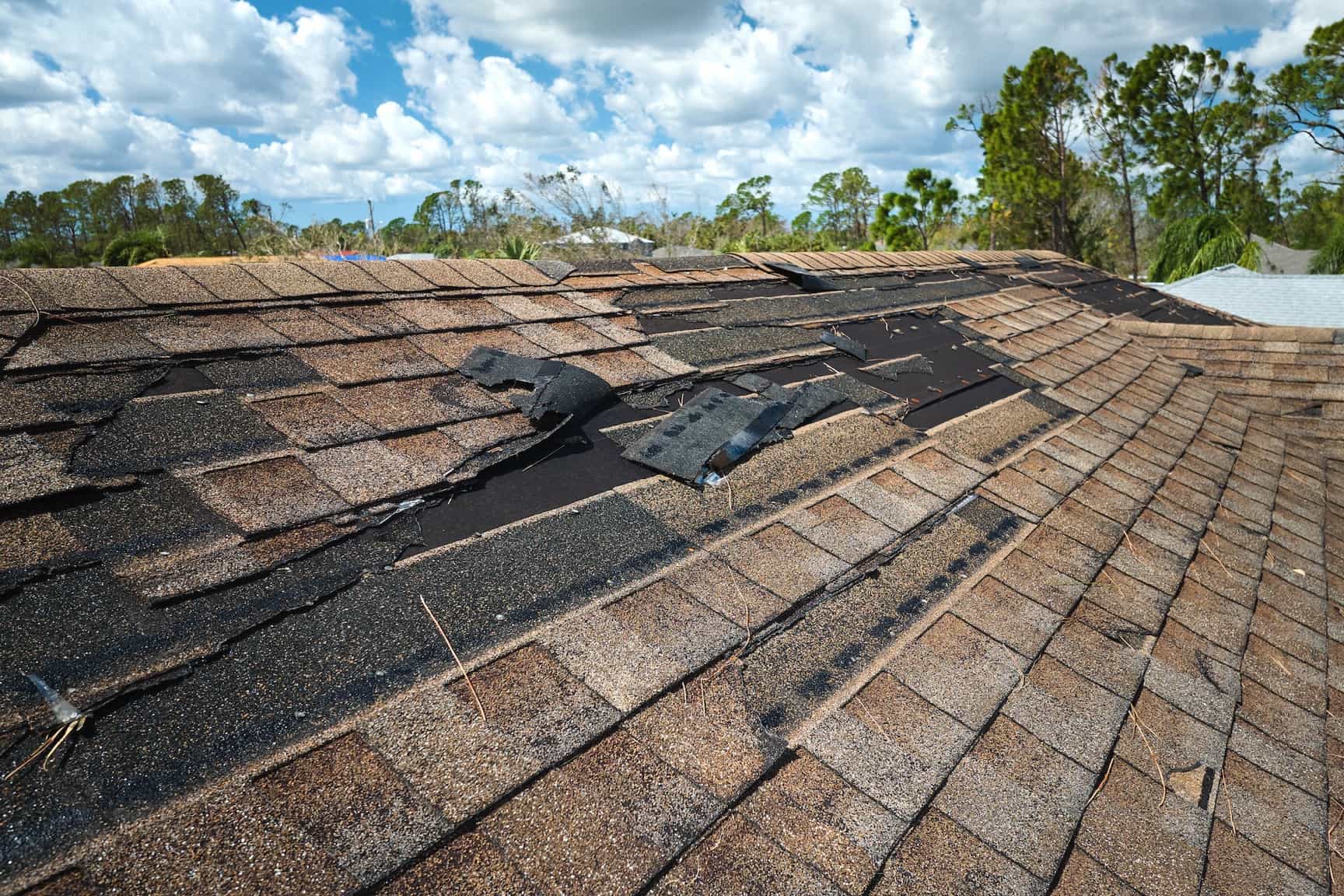
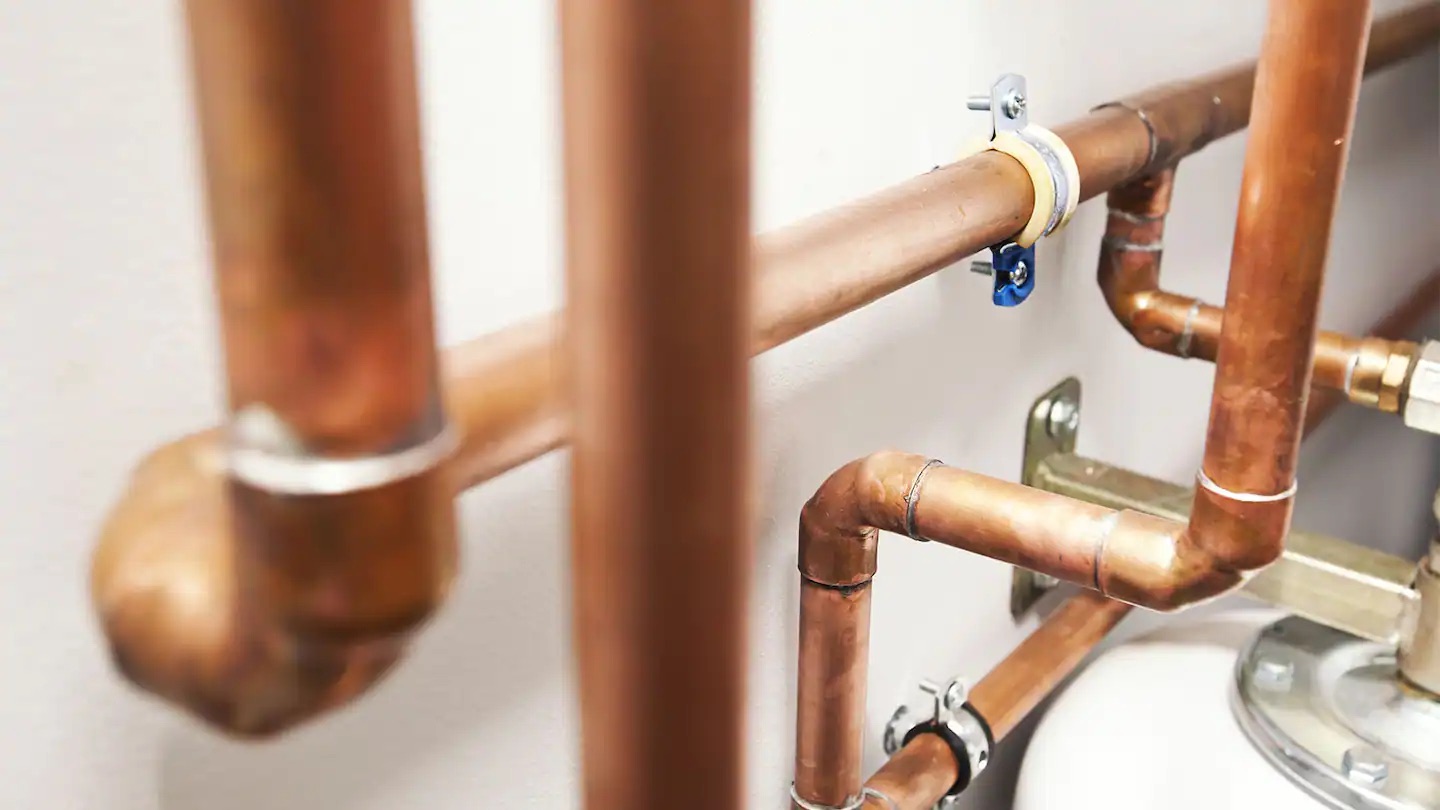
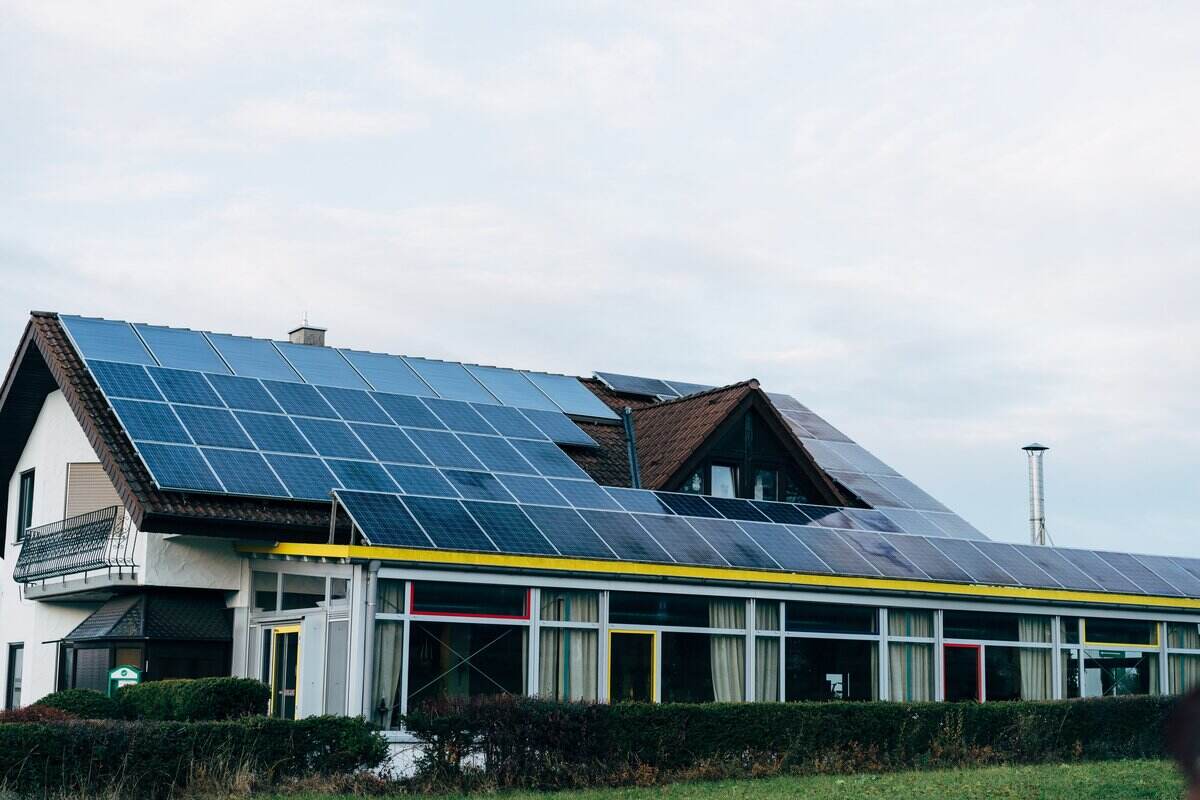
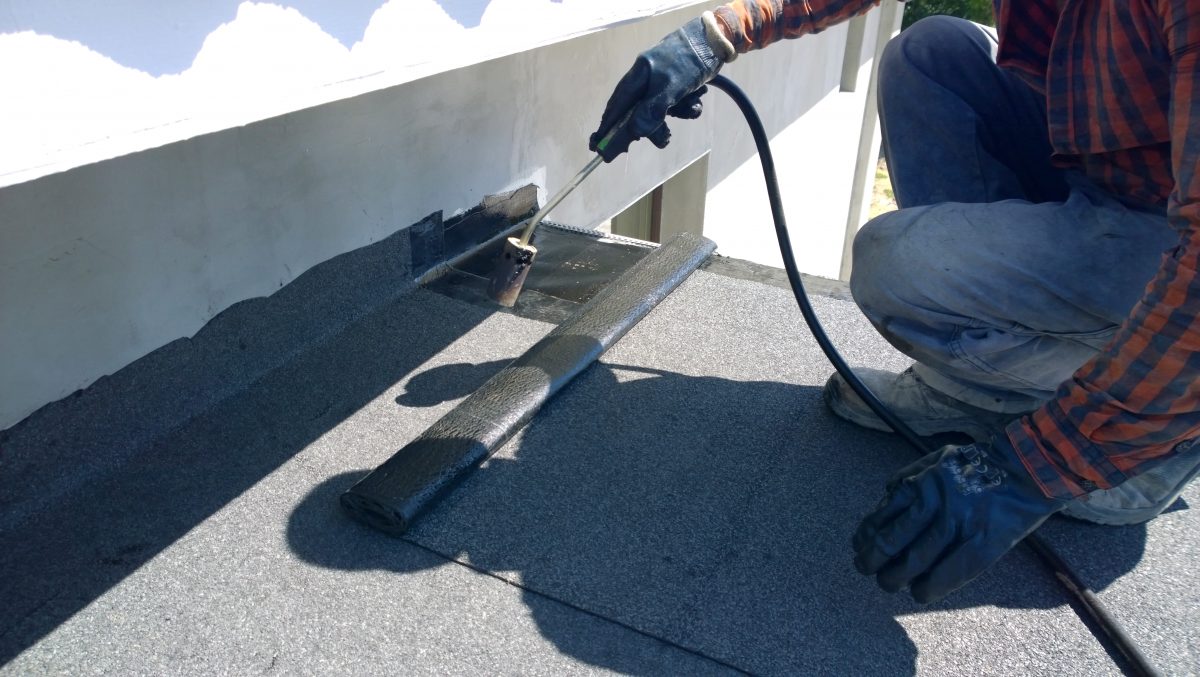
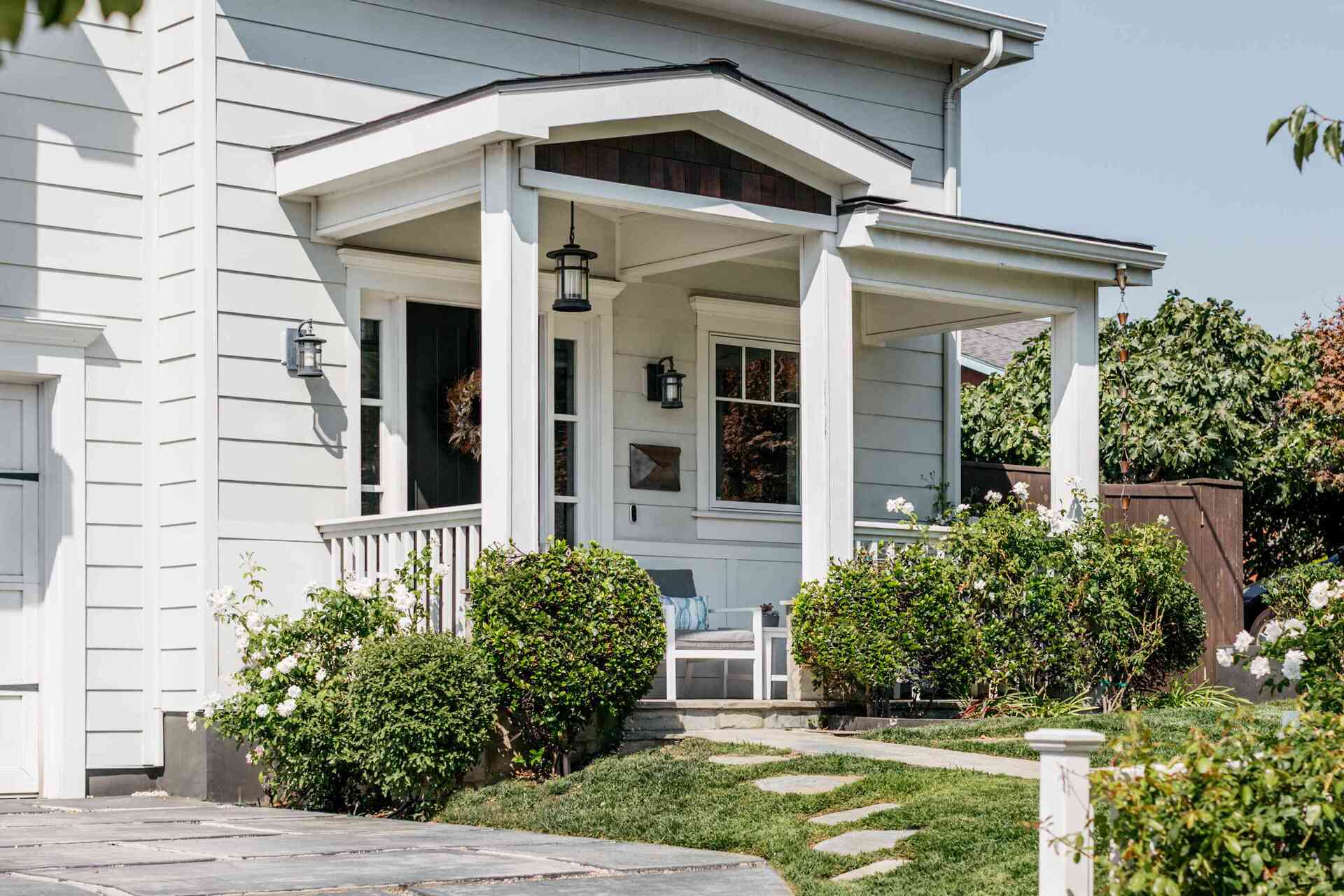
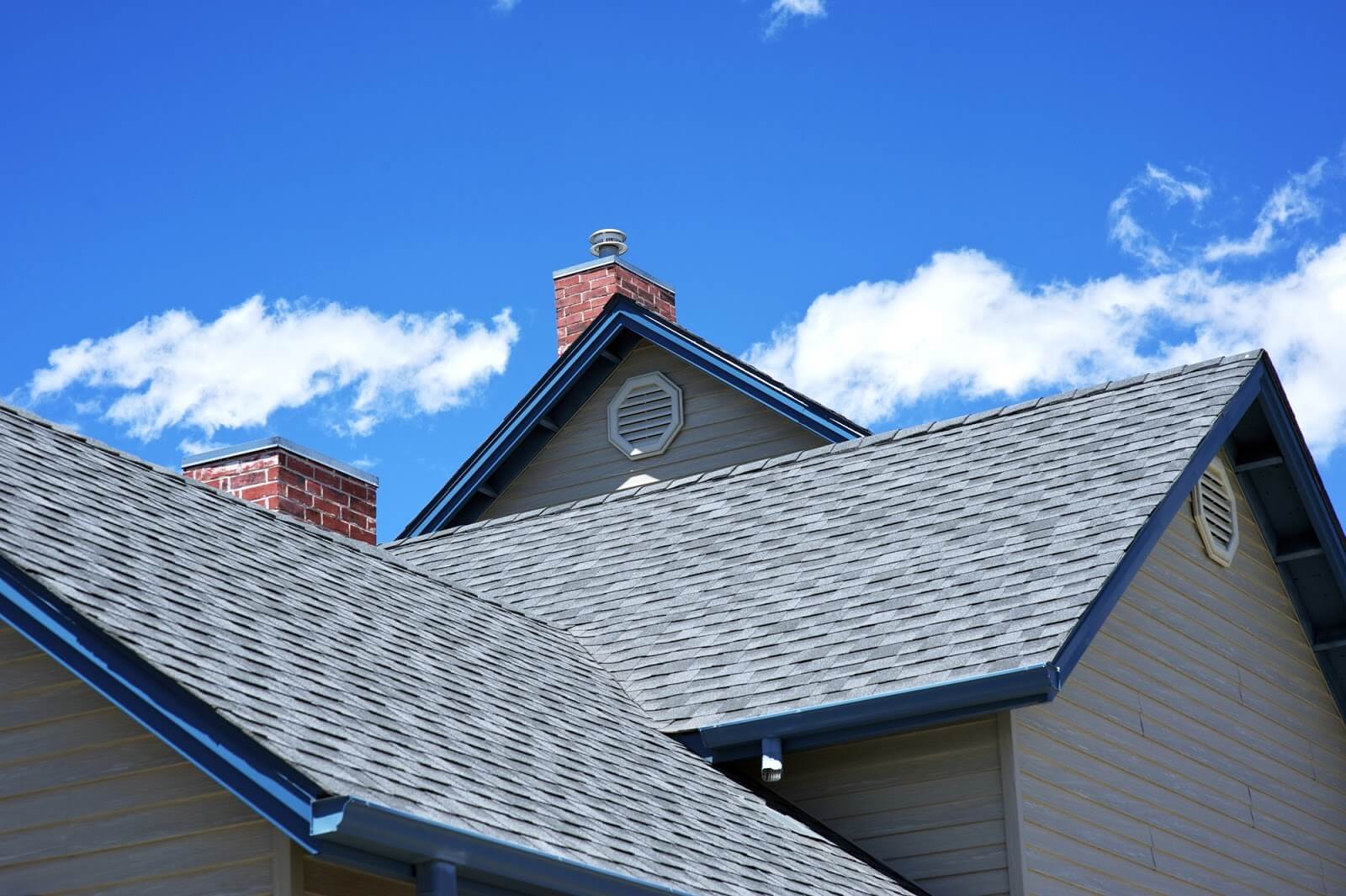
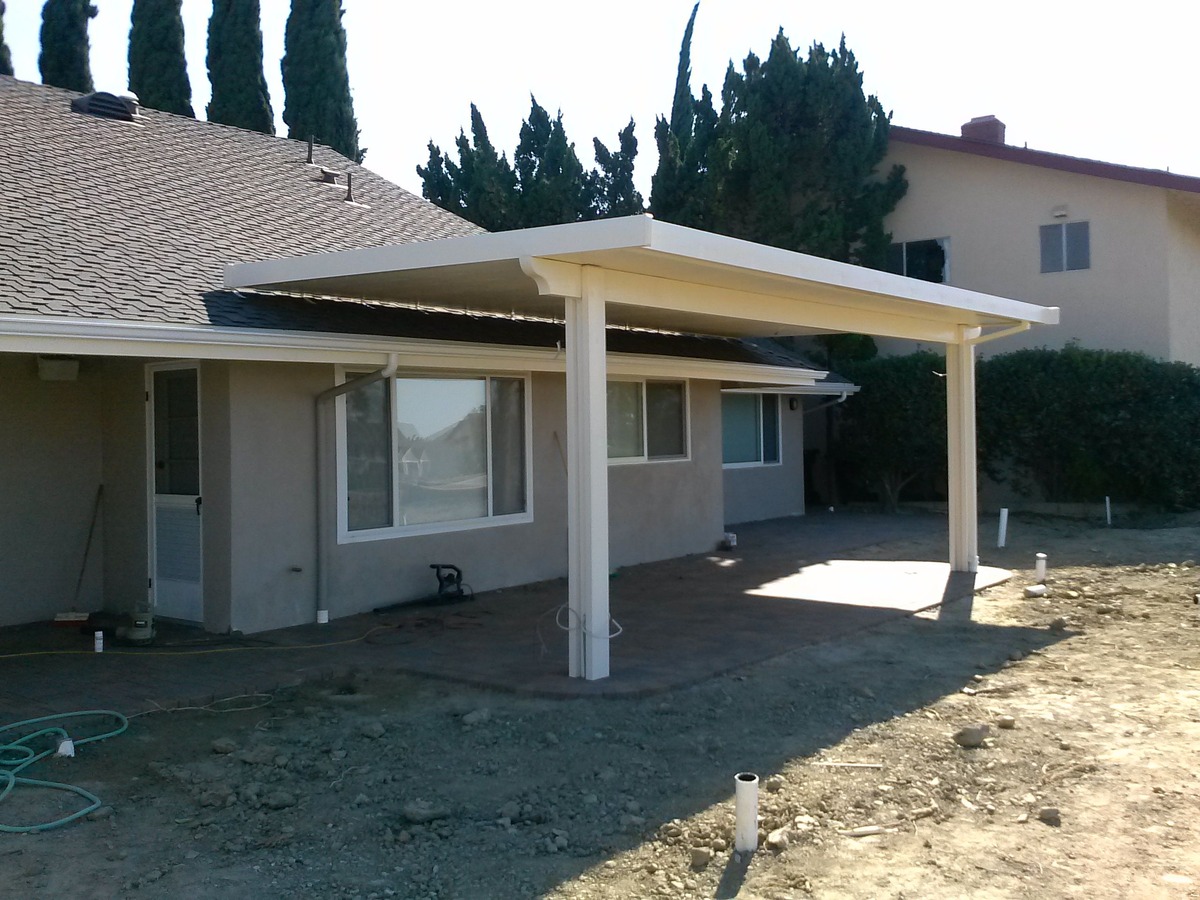

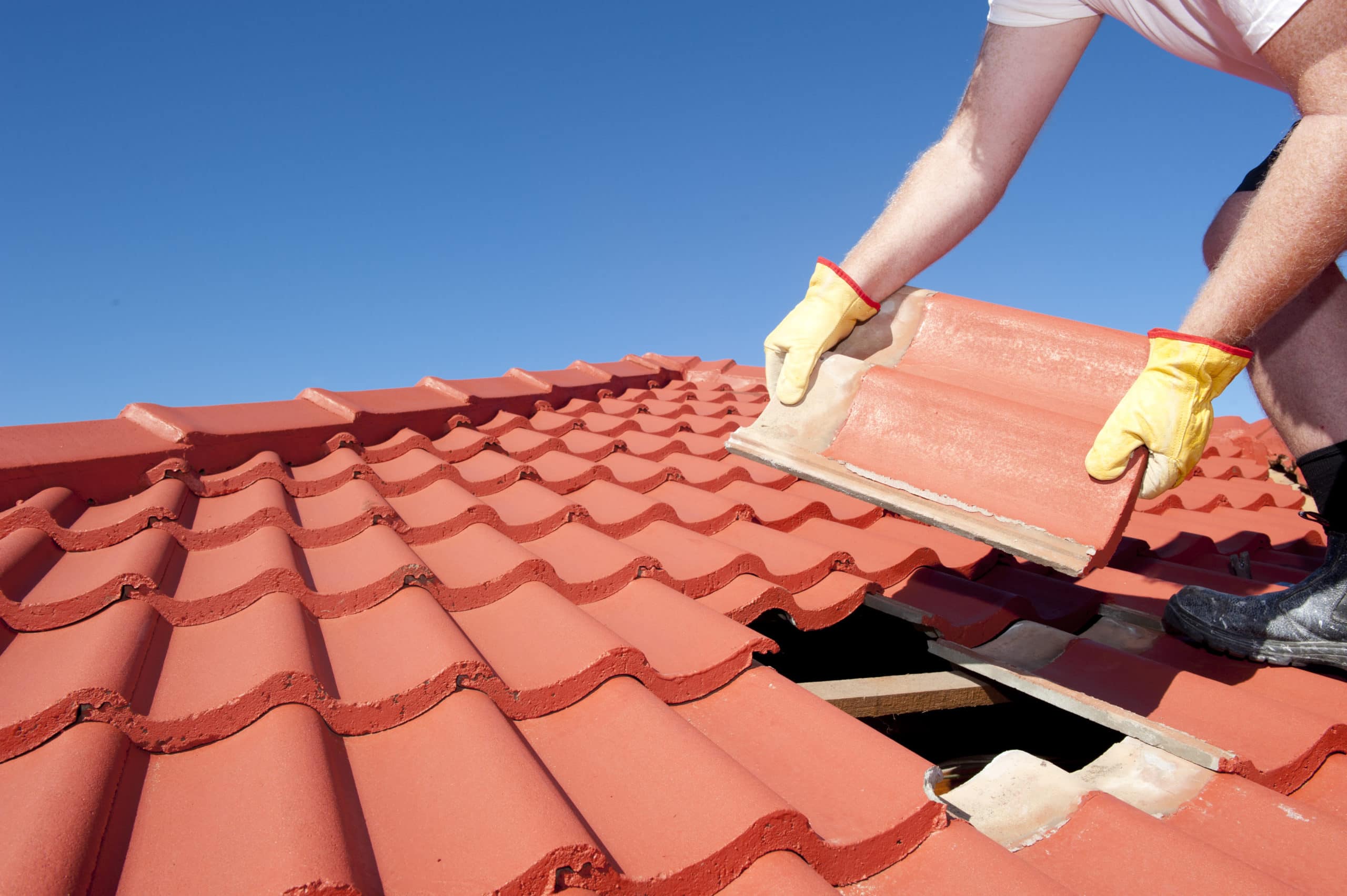
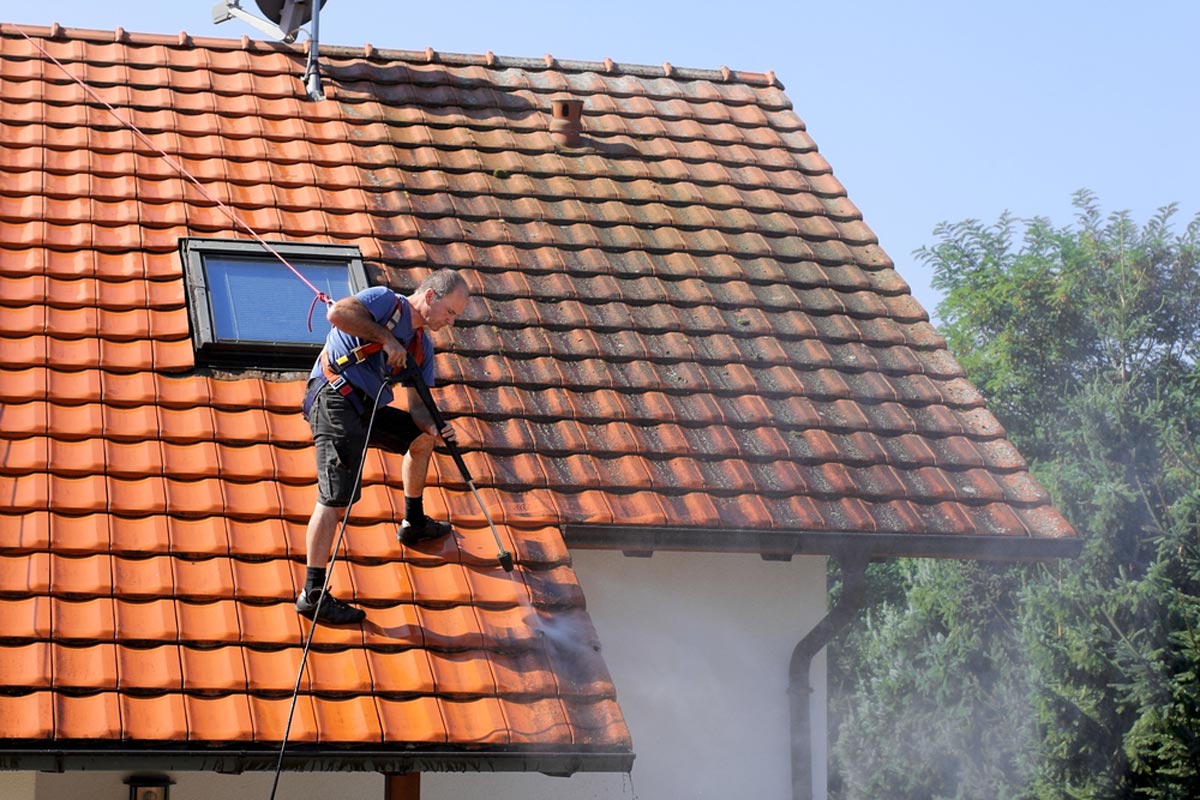
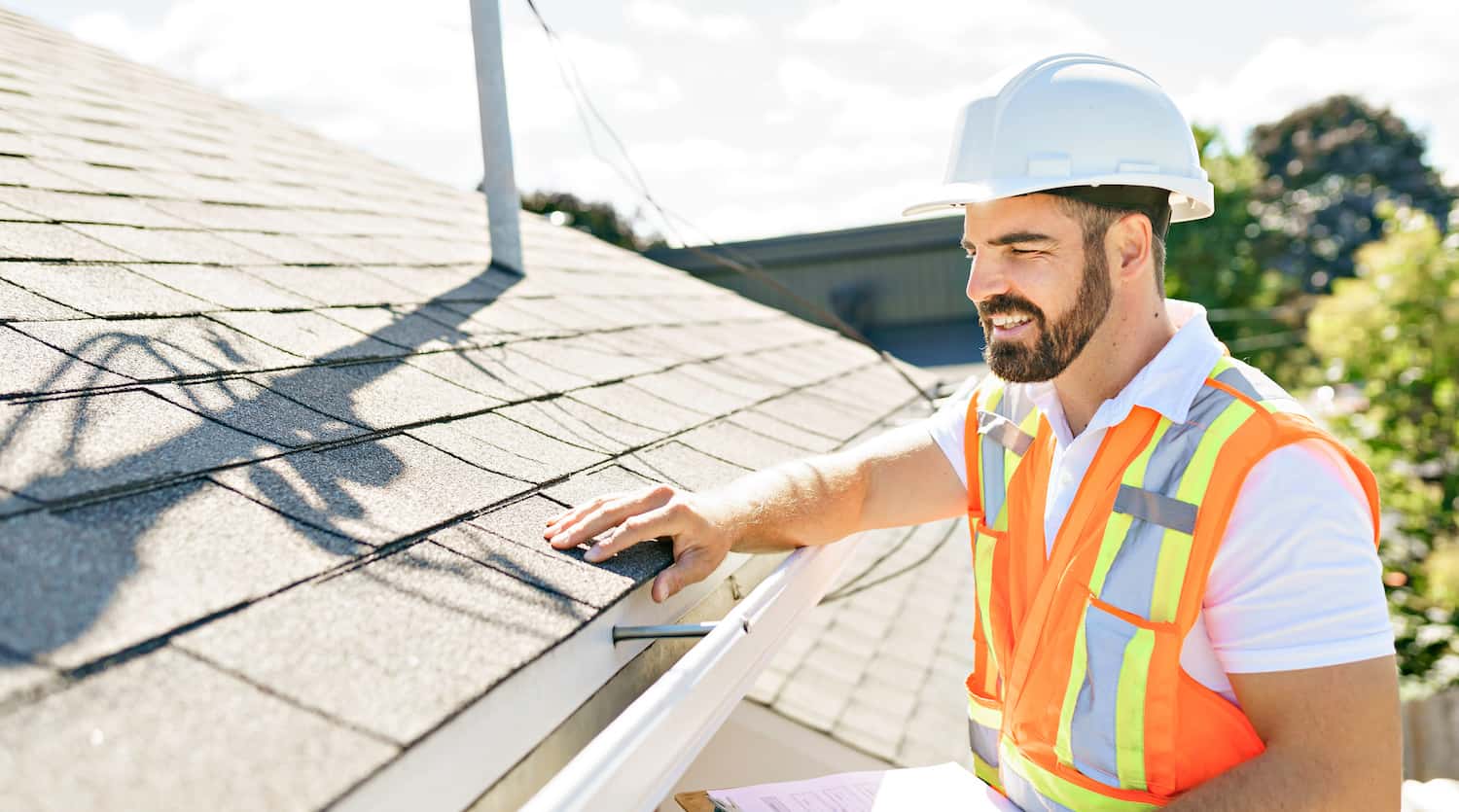
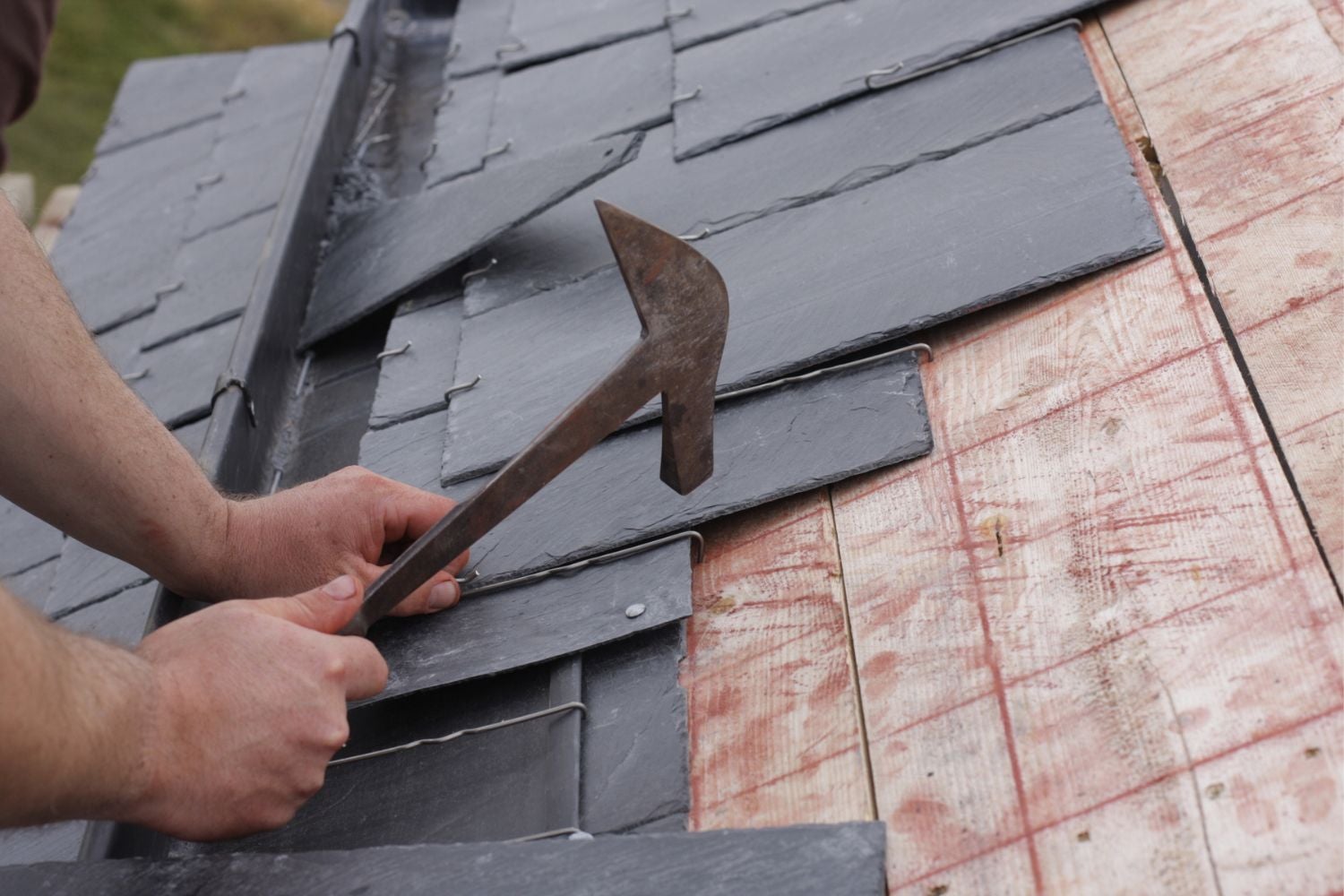
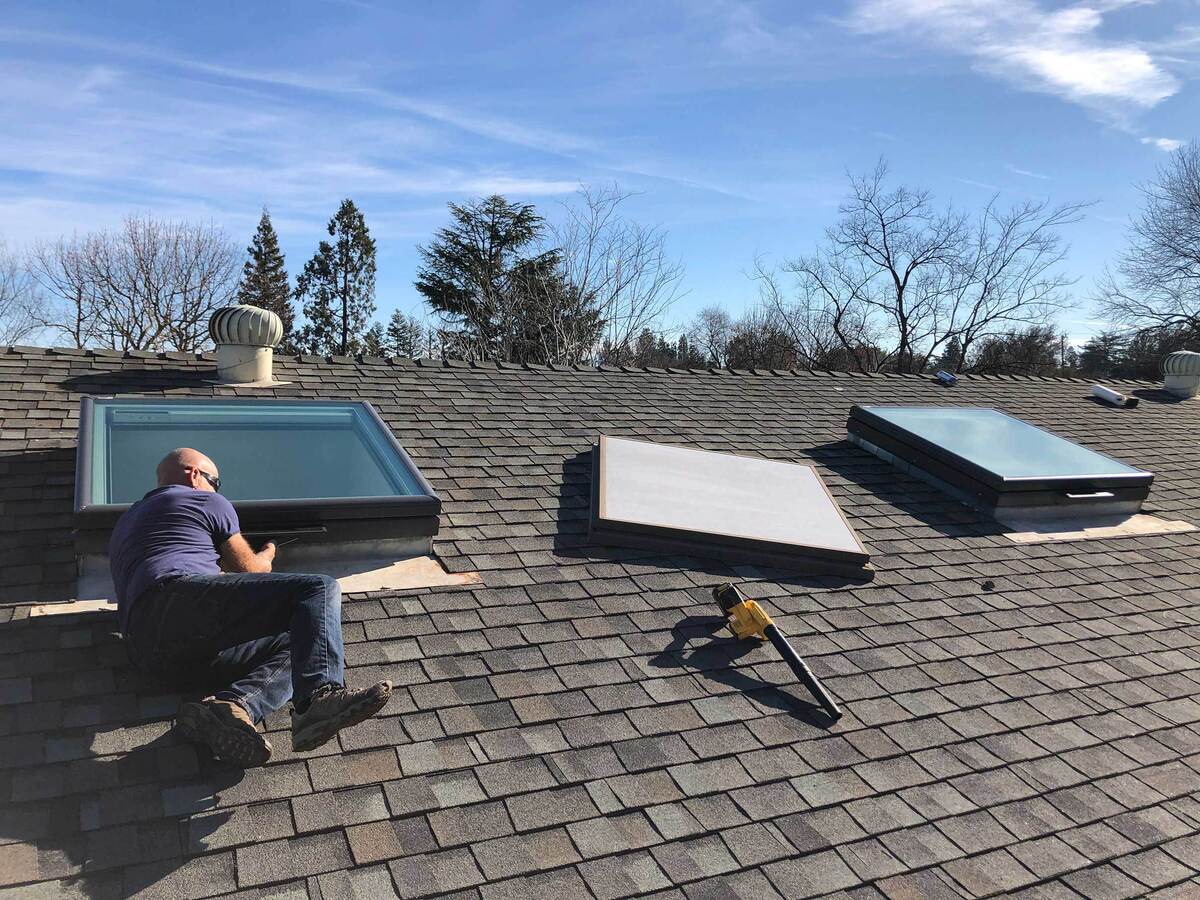
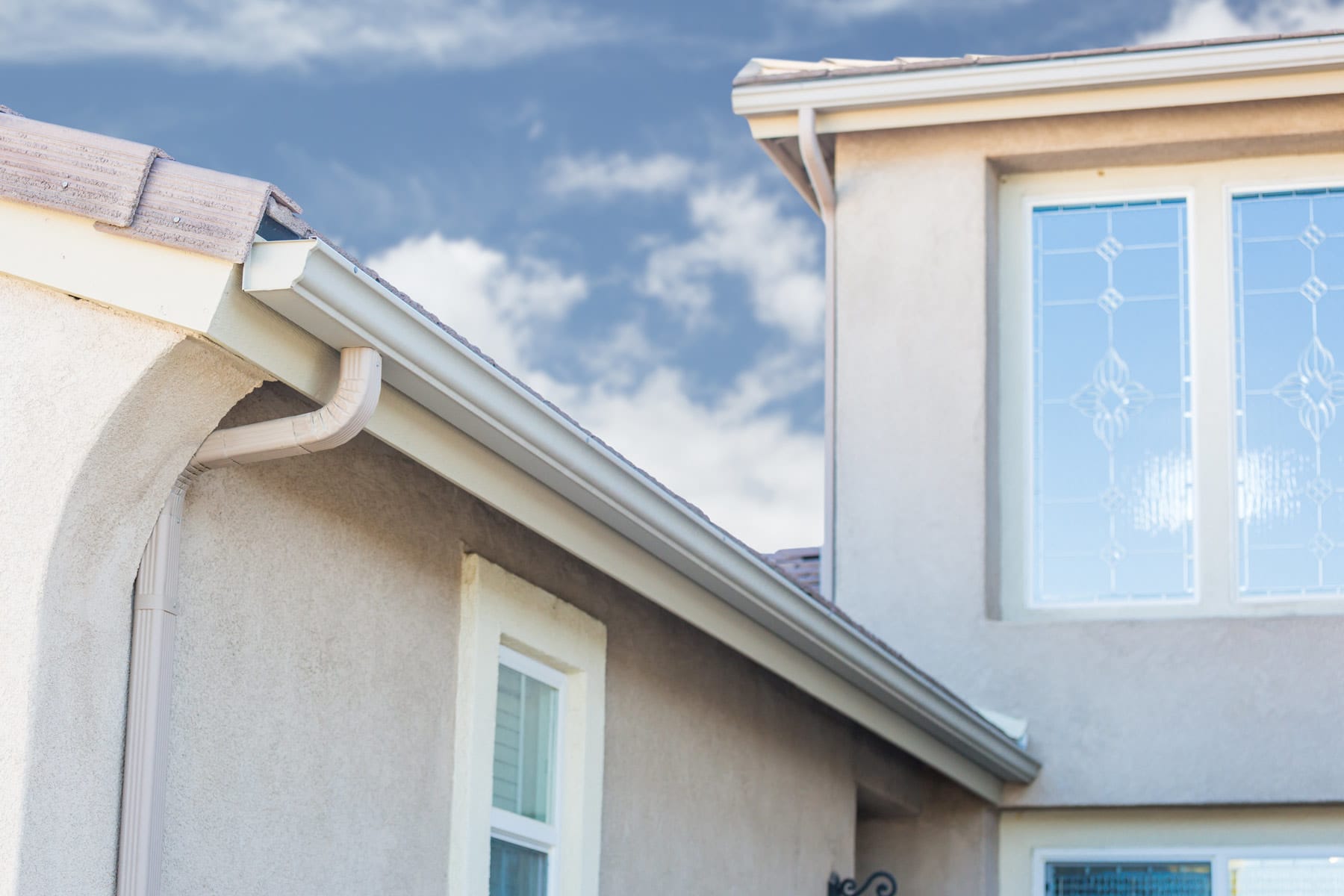

0 thoughts on “How Much To Replace A Roof On A House”